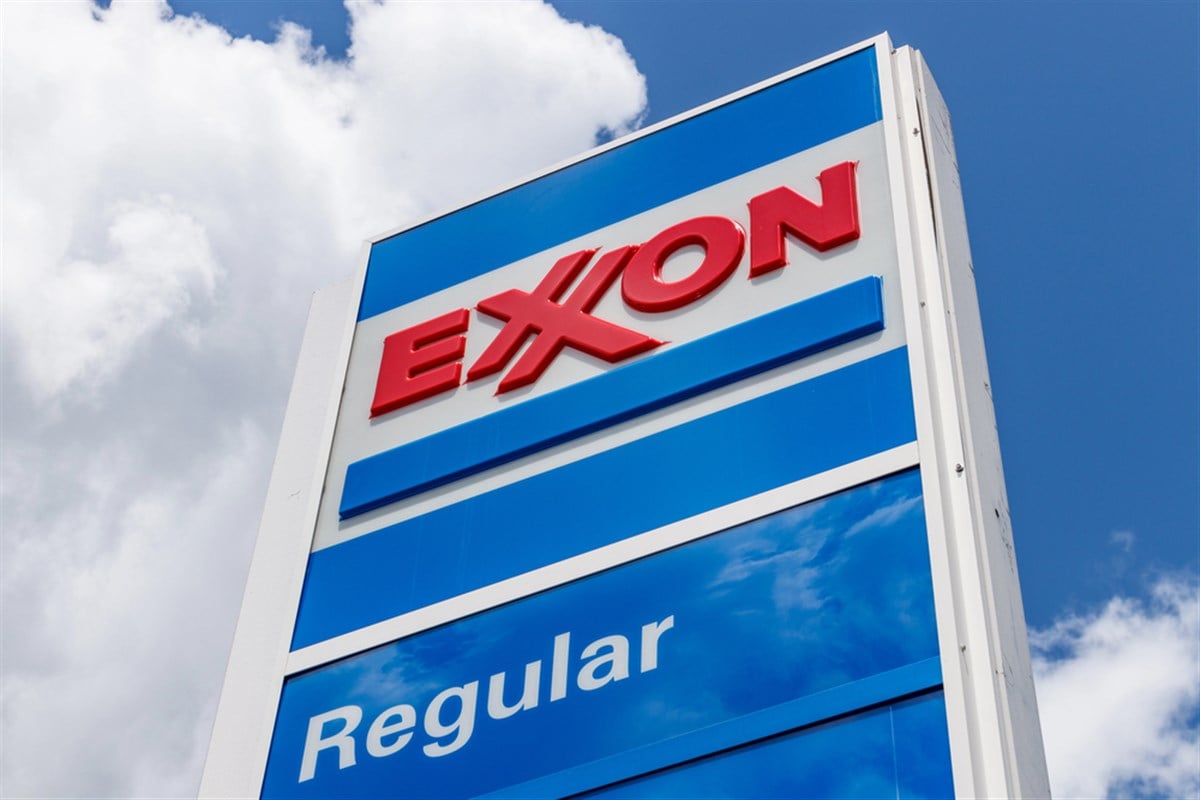
Now that the U.S. economy is going through a potential scenario of inflation sparking up once again, investors might be wary of where to invest their capital accordingly so that inflation doesn’t erode their buying power but also wisely enough so that losses don’t come their way to add onto the potential inflation risks coming ahead.
Large-cap stocks are probably the best place to be today and for the coming quarters because if inflation does make its way back into the economy, which seems to be the case considering how much gold and Bitcoin have rallied or how the iShares 20+ Year Treasury Bond ETF (NASDAQ: TLT) has sold off against most stock indexes, then companies with enough size and international exposure will be the ones that make it out alright.
However, not all large-cap stocks are the same in this cycle. Investors need to make sure that these businesses have enough fundamental factors to protect their business models from inflation pressures and still deliver reasonable growth. This is why investors should look into Exxon Mobil Co. (NYSE: XOM) in the energy sector, then Mastercard Inc. (NYSE: MA) for financial sector exposure, and even consumer staple giant Coca-Cola Co. (NYSE: KO).
How Exxon Mobil Stock Could Shield Investors Amid Rising Inflation Pressures
It would make sense to invest in a commodity-based business like Exxon, which Paul Tudor Jones recommended
Warren Buffett has gotten into the space ahead of the curb, buying up to 29% of Occidental Petroleum Co. (NYSE: OXY) in an early bet for oil prices going higher. However, retail investors would be better off with a bigger company like Exxon, as international exposure and scalability will allow it to outpace domestic inflation rates.
Recently, Wall Street analysts have also caught onto this trend. Specifically, those at Scotiabank reiterated their “Outperform” rating on Exxon Mobil stock, coupling it with a $145 share price target. Exxon Mobil stock would have to rally by as much as 23% from where it trades today to prove these analysts right.
Then there are the recent institutional buys that let investors know where the rest of the market stands regarding Exxon Mobil. Those at National Pension Service decided to boost their stake in Exxon Mobil stock by 14.5% as of late October 2024, bringing their net investment up to $999.1 million today.
Last but not least, Exxon Mobil shareholders now enjoy a $3.8 payout per share, which translates into a dividend yield of up to 3.2% to beat today’s rate of inflation. This makes it a preferential stock for markets to pursue when inflation goes back up.
Mastercard's Business Model: A Top Pick for Investors Betting on a Market Melt-Up
Credit card providers like Mastercard love inflation because they charge a small percentage fee based on the value of items transacted. Rising prices across all items make their fee structure a cash-flowing cow for investors to exploit if properly anticipated.
More than that, as inflation makes it harder for consumers to rely only on debit, credit cards—and their rewards systems—can be a much more attractive alternative for virtually all consumers in the economy, raising Mastercard's earnings potential.
This is why Wall Street analysts now see Mastercard stock delivering up to $4.38 in earnings per share (EPS) for the next 12 months, which is significantly higher than today’s $3.89 EPS, 12.5% higher. More than that, analysts at J.P. Morgan Chase now see Mastercard stock trading at up to $593 a share, calling for a net upside of 18% from today’s price.
The double-digit upside in a $464 billion company is hard to come by, so investors must pay attention to this melt-up play before inflation gets here. The National Pension Service also saw room to increase its holdings in Mastercard stock by 14.3% as of October 2024, netting $743.8 million today.
Coca-Cola Stock: A Safe, Stable Investment Amid Economic Uncertainty
With over three billion servings per day of Coca-Cola products, inflation can be one of the brand’s best allies, assuming Coca-Cola can retain the strong business moat it has achieved today.
Simply raising prices to match inflation would mean an additional few billion in revenues for Coca-Cola. History has shown that the company has enough market share and consumer loyalty, and these price increases won’t hurt the company’s cash flows, as demand will stay put.
This is why analysts at Truist Financial now see a $80 share price target for Coca-Cola stock after reiterating their “Buy” rating. This new view calls for up to 22% upside from where the stock trades today. Again, this is a rare double-digit upside potential in such a large business.
Coca-Cola’s annualized 2.95% dividend yield is another reason that markets will likely treat it as a preferential place to be, considering the fact that inflation might make its way back into the economy.